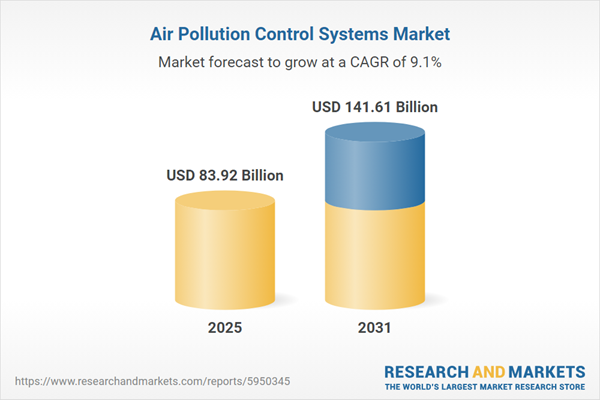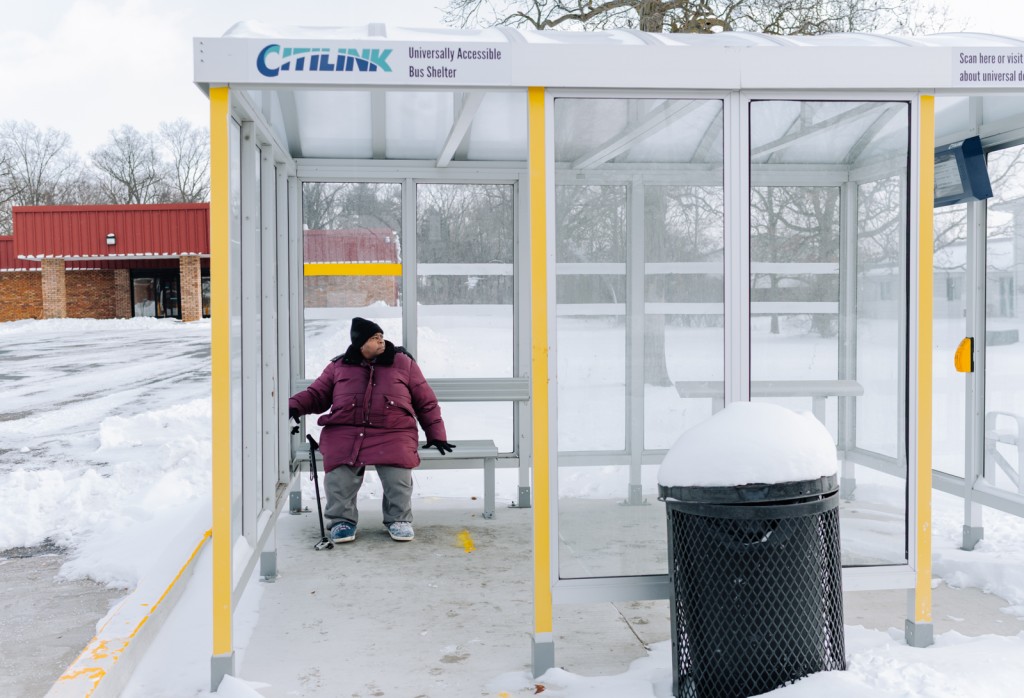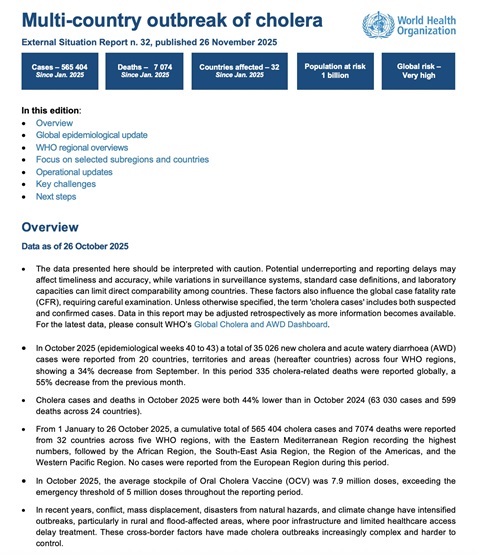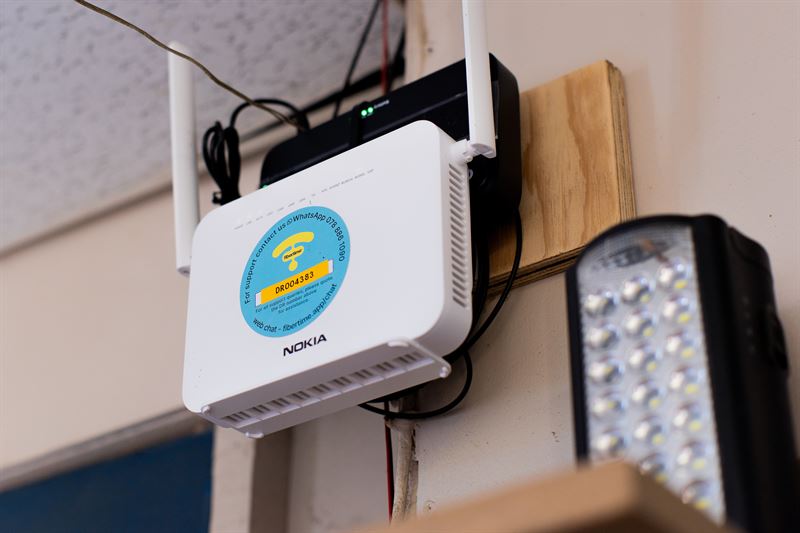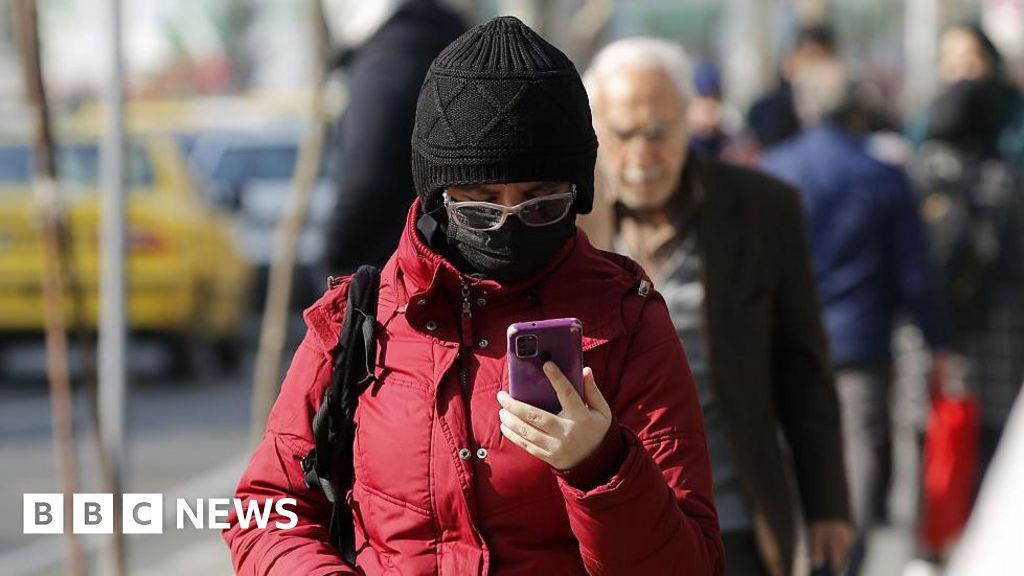Investigation finds no criminal wrongdoing in hunger, thirst death in Tarrant County Jail – KERA News

Report on Inmate Fatality at Tarrant County Jail and Implications for Sustainable Development Goals
Executive Summary
An investigation into the death of Kimberly Phillips, an inmate at the Tarrant County Jail, has concluded with no findings of criminal wrongdoing. However, the circumstances of her death raise significant concerns regarding the facility’s alignment with key Sustainable Development Goals (SDGs), particularly those concerning health, justice, and equality.
- Kimberly Phillips, 56, died on February 18 from malnutrition and dehydration after three weeks in custody.
- An external investigation conducted by the Denton County Sheriff’s Office determined that jail staff did not violate criminal laws or existing policies.
- Advocates and medical experts contend that the death was preventable and highlights systemic failures in providing adequate care, especially for inmates with mental health conditions.
Analysis in the Context of Sustainable Development Goals (SDGs)
SDG 3: Good Health and Well-being
The case of Kimberly Phillips underscores critical failures in upholding SDG 3, which aims to ensure healthy lives and promote well-being for all. The standard of care provided appears inconsistent with this goal.
- Failure to Address Mental Health Needs: Phillips had a documented history of psychosis and paranoia concerning food. The inability of the facility to manage her condition and ensure she received nutrition points to a gap in specialized mental healthcare services.
- Inadequate Medical Intervention: Despite jailers noting that Phillips was not eating, medical intervention was delayed until her condition became critical, resulting in kidney failure. A proactive approach to her deteriorating health was absent.
- Delayed Competency Assessment: Medical experts suggest that for a patient refusing care, a competency evaluation should be conducted promptly within the facility. In this case, such a determination was only made after she was transferred to a hospital, by which point her condition was irreversible.
SDG 16: Peace, Justice and Strong Institutions
This incident calls into question the effectiveness, accountability, and inclusivity of correctional institutions, which are central tenets of SDG 16.
- Institutional Accountability vs. Policy Gaps: The investigation’s finding that staff followed policy suggests the policies themselves are inadequate to prevent such deaths. This highlights a systemic weakness within the institution rather than individual malfeasance.
- Calls for Policy Reform: Advocacy groups argue that adherence to flawed policies is not a valid defense for a preventable death. This situation underscores the urgent need to reform institutional protocols to ensure the fundamental right to life is protected.
- Pattern of Neglect: Since 2020, four individuals, all with a history of mental illness, have died of dehydration in the facility’s custody. This recurring pattern indicates a persistent institutional failure to protect a vulnerable population.
SDG 2 (Zero Hunger) and SDG 10 (Reduced Inequalities)
The death from malnutrition directly contravenes the objective of SDG 2 (Zero Hunger) and exposes the profound inequalities faced by vulnerable individuals within the justice system, a key concern of SDG 10.
- Failure to Ensure Nutrition: The facility failed in its basic duty to provide life-sustaining nutrition. The fact that food was offered but not consumed does not absolve the institution of its responsibility to overcome barriers to nutrition, especially when related to a known medical condition.
- Systemic Inequality: The repeated deaths of inmates with mental illness from dehydration and malnutrition point to a systemic inequality in the standard of care provided to this demographic compared to the general inmate population.
- Access to Justice: The lawsuit filed by Phillips’ daughter for information and accountability highlights the struggle for justice and transparency when institutional failures impact marginalized individuals.
Conclusion
Key Findings
The death of Kimberly Phillips was a preventable outcome resulting from systemic failures in the provision of medical and custodial care. While the external investigation cleared staff of criminal liability, it inadvertently exposed critical deficiencies in policies and procedures for managing inmates with severe mental health conditions who refuse sustenance and medical care. This case demonstrates a significant misalignment with the principles of the Sustainable Development Goals, particularly the commitment to health, institutional integrity, and equality for all.
Analysis of Sustainable Development Goals in the Article
1. Which SDGs are addressed or connected to the issues highlighted in the article?
-
SDG 2: Zero Hunger
This goal is directly relevant as the article states that Kimberly Phillips, an inmate, died of “malnutrition and dehydration.” The core issue revolves around her inability or refusal to eat the food provided by the Tarrant County Jail, leading to a preventable death from hunger. This connects to the fundamental aim of SDG 2 to end hunger and ensure access to sufficient food for all, especially vulnerable individuals.
-
SDG 3: Good Health and Well-being
The article extensively discusses failures in healthcare within the correctional facility. Phillips’ death was described as “completely preventable with proper care.” Her documented history of mental illness (psychosis and paranoia about food) was a critical factor that was not adequately addressed by the jail’s medical staff. The discussion about when an inmate should be transferred to a hospital and the need for proper mental health assessments directly relates to ensuring healthy lives and promoting well-being for all, including incarcerated individuals.
-
SDG 16: Peace, Justice and Strong Institutions
This goal is central to the article’s focus on the accountability and effectiveness of the Tarrant County Jail as a public institution. The outside investigation that cleared the jail of “criminal wrongdoing” despite a preventable death raises questions about institutional accountability. Advocates’ calls for “better policies” and the family’s lawsuit for information highlight the need for effective, accountable, and transparent institutions and access to justice for victims.
2. What specific targets under those SDGs can be identified based on the article’s content?
-
Target 2.1: End hunger and ensure access to safe, nutritious and sufficient food
This target aims to “end hunger and ensure access by all people, in particular the poor and the vulnerable… to safe, nutritious and sufficient food all year round.” The article demonstrates a failure to meet this target for Kimberly Phillips, a vulnerable individual in state custody. Despite food being offered, her mental condition created a barrier to access, and the system failed to provide an alternative or intervene effectively, resulting in her death from malnutrition.
-
Target 3.4: Reduce premature mortality from non-communicable diseases and promote mental health
This target seeks to “reduce by one third premature mortality from non-communicable diseases through prevention and treatment and promote mental health and well-being.” Phillips’ death was premature and preventable. Her underlying mental illness was a key contributing factor. The failure of the jail’s medical staff to adequately treat her physical deterioration (malnutrition, dehydration, kidney failure) and manage her mental health condition represents a direct challenge to achieving this target.
-
Target 3.8: Achieve universal health coverage, including access to quality essential health-care services
This target focuses on ensuring “access to quality essential health-care services.” The article questions the quality of care provided by John Peter Smith Hospital, the medical provider for the jail. The narrative suggests that Phillips did not receive the necessary medical intervention in a timely manner, such as a competency examination within the jail or an earlier transfer to a hospital, which constitutes a failure to provide quality essential healthcare.
-
Target 16.6: Develop effective, accountable and transparent institutions at all levels
The article critiques the Tarrant County Jail and its oversight. The investigation found no policy violations, which an advocate suggests means the policies themselves are inadequate (“maybe it tells us we need better policies”). This points to a lack of effective and accountable institutional frameworks to protect vulnerable inmates. The lawsuit filed by Phillips’ daughter for more information also underscores a perceived lack of transparency.
3. Are there any indicators mentioned or implied in the article that can be used to measure progress towards the identified targets?
-
Mortality rate in custody due to preventable causes
The article provides a specific statistic that can serve as an indicator: “Since 2020, four people have died of dehydration in jail custody, including Phillips.” Tracking the number and cause of deaths in custody, particularly those from preventable causes like malnutrition and dehydration, is a direct way to measure progress towards Target 3.4 (reducing premature mortality).
-
Prevalence of mental illness among inmates who die from preventable causes
The article implies a crucial indicator by noting that all four individuals who died of dehydration “had a history of mental illness.” This suggests that tracking the correlation between mental health status and preventable deaths in custody is essential for measuring the effectiveness of mental healthcare services within correctional facilities (related to Target 3.4).
-
Existence and effectiveness of policies for vulnerable inmates
The statement from an advocate, “maybe it tells us we need better policies for scenarios like this,” implies an indicator for Target 16.6. Progress could be measured by the development, implementation, and independent review of specific protocols for inmates who are refusing food or water, especially those with known mental health conditions. The effectiveness would be measured by a reduction in adverse outcomes.
-
Outcomes of independent investigations into deaths in custody
The article discusses the outside investigation and the call for an additional review by an “independent medical expert.” An indicator for Target 16.6 (accountability) would be the number of investigations into inmate deaths that include independent medical reviews and lead to concrete actions, such as policy changes or disciplinary measures, rather than simply clearing the institution of wrongdoing.
4. Table of SDGs, Targets, and Indicators
| SDGs | Targets | Indicators Identified in the Article |
|---|---|---|
| SDG 2: Zero Hunger | Target 2.1: By 2030, end hunger and ensure access by all people, in particular the poor and the vulnerable… to safe, nutritious and sufficient food all year round. | Number of deaths in custody from malnutrition. The article cites the specific case of Kimberly Phillips dying from this cause. |
| SDG 3: Good Health and Well-being | Target 3.4: By 2030, reduce by one third premature mortality from non-communicable diseases through prevention and treatment and promote mental health and well-being. | Mortality rate from dehydration in correctional facilities (the article states four such deaths since 2020). The prevalence of mental illness among those who die from preventable causes is also highlighted. |
| SDG 16: Peace, Justice and Strong Institutions | Target 16.6: Develop effective, accountable and transparent institutions at all levels. | The existence and effectiveness of policies for handling inmates with severe health issues (advocates call for “better policies”). The outcomes of investigations into inmate deaths and whether they lead to institutional reform. |
Source: keranews.org
What is Your Reaction?
 Like
0
Like
0
 Dislike
0
Dislike
0
 Love
0
Love
0
 Funny
0
Funny
0
 Angry
0
Angry
0
 Sad
0
Sad
0
 Wow
0
Wow
0













